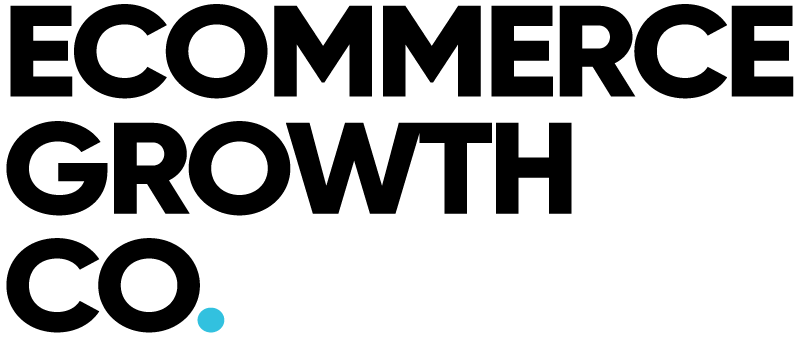‘We represent everybody’. It’s a tempting vision for any startup business. When you discuss your marketplace it’s easy to surmise that your craft can be enjoyed by anybody. But can it?
An artist will know her audience is selective. We prefer bold colours. We prefer oil paints. We prefer landscapes. We prefer expression. We prefer small paintings. We prefer huge canvases. ‘We’, collectively, are those that are prepared to spend good sums of money on individual art pieces. The artist will set her stall accordingly. She will specialise. She’ll become renowned for her specialism. Deviations will raise eyebrows.
The great artist knows how to hook interest. She’ll sell more pieces of her seascape collection in the quaint Cornish village than in the landlocked town. She knows how to build her reputation by focusing her craft upon a selective style. She creates connection. Of course, she’s a talented artist who could sketch on demand, but she sticks firm to her select market. That’s how we grow our business. That’s how we grow our niche.

Represent your craft. Fly the flag.
The charity to which we donate, our time or money, is a clear representation of ‘what we stand for’. We all have our personal reasons to support cancer, heart condition or homeless charities. A charity represents a movement where we feel, as givers, a significant emotional bond.
When we feel a connection we act.
When you see the sketch in the gallery window. You’re sure it’s the exact same spot you and your wife witnessed the sunset a few nights before. Could it be? You peer at the description. It was! Something is telling you that this is purchase of destiny. What if the tag told you it was a sketch of a nearby landscape? The artwork is the same, but we lose the emotional attachment and walk away.
Being ‘something’ for ‘everybody’ is a natural default. It’s the view of our market we hold when we rely upon data to determine our actions. When the spreadsheet shows that the majority of our sales were for a particular product range, but the longtail exists for completely separate lines. What do we do? Do we cut that longtail of revenue, or do we embrace the bestsellers within a chosen category?
You can’t please everybody
I once owned a guitar shop. I always struggled deciding what to do about left-handed guitarists. They represent around 15% of the total market. You’ll struggle to find a guitar shop where 15% of the instruments on display are built for lefties. Why? Because it’s easier to focus on the 85%. I had 4 options available to me.
Persuade your customer they’re wrong
Some shops took the attitude that the lefty should be converted to play a right handed guitar. “It was good enough for Jimi Hendrix…”. I couldn’t do that. I’d spoken with numerous guitar teachers who persuaded me that there’s a natural reason why people strum with their left hand. It’s hardwired.
Apply the data
Do you ensure 15% of your stock is for the left-handed guitarist? Firstly, the manufacturers limit the range of guitars available to lefties. They’re at the very back of the catalogue. There were more variations of the Ford Model-T available than their are guitars tailored to the left-handed guitarist.
Offer a token gesture
I had space to have 150 guitars on display. My niche was the ‘guitar less ordinary’. Niche manufacturers had a limited range of models which rarely included a left handed version. I would have struggled to find 20 guitars to fill my left-handed corner.
Could I look a customer in the eye and point to 5 or 6 guitars left handed guitars available and apologise on behalf of my industry?
Just be helpful
Or, could I let the customer know of a fantastic shop in Central London that was stocked to the ceiling with left handed guitars. I couldn’t represent the same line, but I was damned sure my customer would leave happy. They’d then bring their new guitar back for servicing and maybe purchase a few accessories along the way.
Knowing you can’t please everybody
Focus on what you can do. And do it best. If that means narrowing your audience, that’s okay. You now mean more to those that you can and do represent.
What would a ‘no job too small’ message tell me about your business? Are you just interested in the small jobs? If so, why not lead with that message. If you’re an electrician who would prefer to have 10 £50 call out jobs to expand his reach, rather than one lengthy £500 job each day, then would you want to make that message clear in your marketing? Yes, because you’d represent what your audience were looking for. You’d present yourself as an electrician ‘for those projects just outside of your comfort zone’. I wouldn’t want to waste your time calling up about a complete electrical overhaul. However, you look perfect to replace my plug sockets.
Everybody isn’t your target market
Design agencies. Consultants. Dentists. Mechanics. Decorators. Print Supplies. The list is endless. Businesses who stifle the opportunity to ‘mean something’ to a select market for fear of losing out to the ‘market of everybody’. A defined niche is more than a representative demographic. It’s a mindset. A common mindset. We, as consumers, identify with those that represent us. Those that fly our flag. Those that share our values and understand our goals.
We take comfort in belonging. We embrace through association. We reward good deed. It’s what being human is all about.
